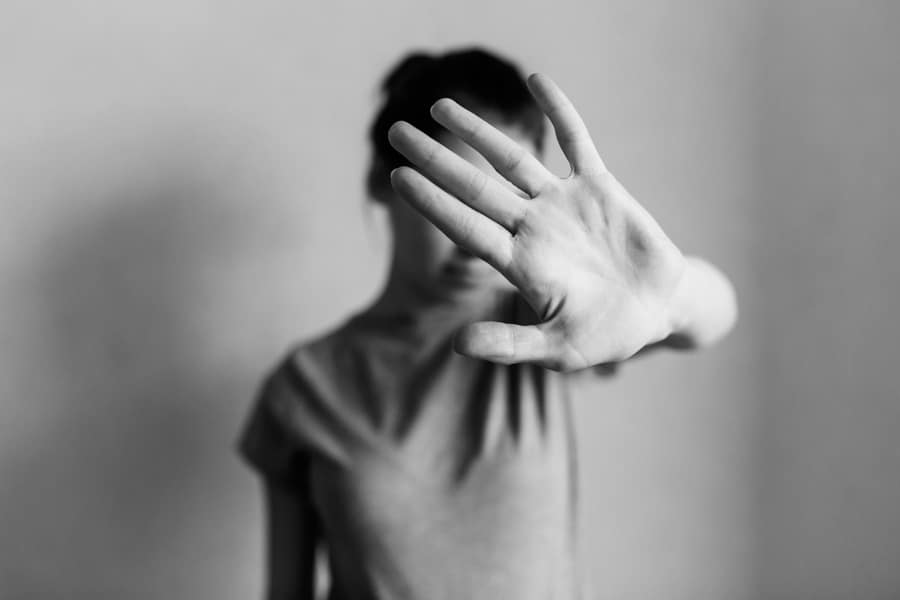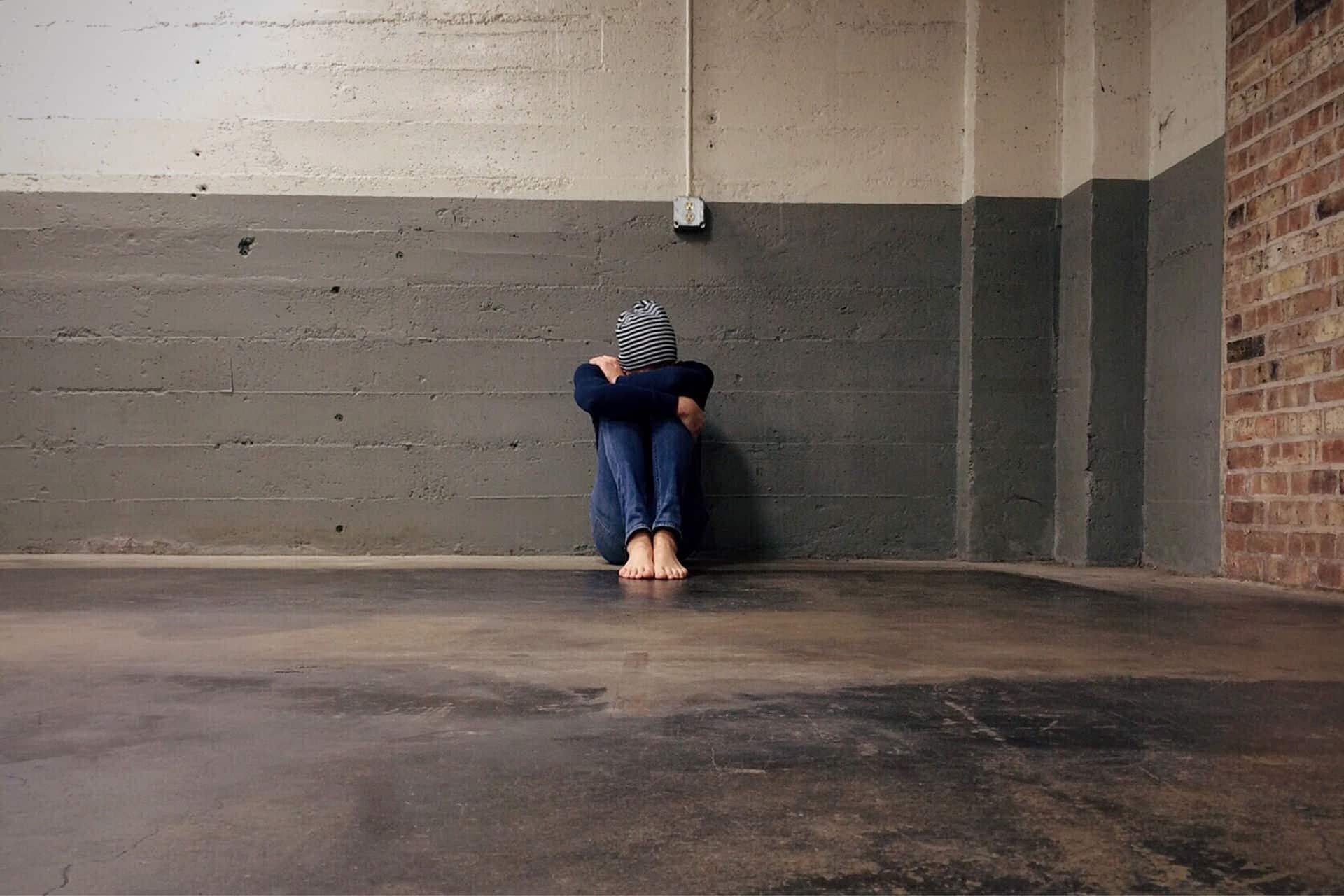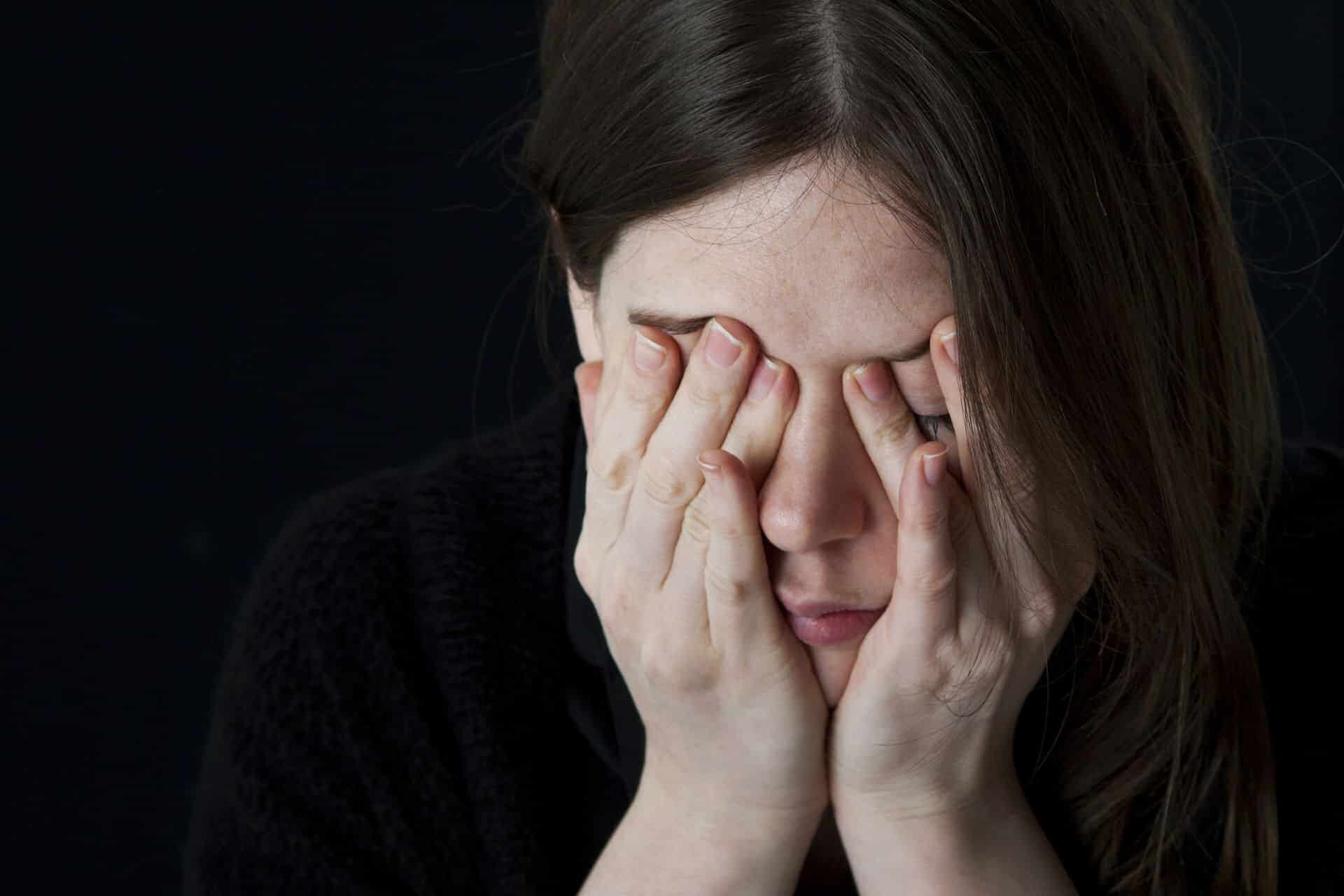Contact Orlando Treatment Solutions
For any other questions please call us or fill out the contact us form. We're here to help you at Orlando Treatment Solutions.
Contact Us Call Now (321) 415-3213Popular Post
Acne is an undeniable inconvenience. While many factors can contribute to the development of acne, some may wonder whether or not alcohol consumption has anything to do with it. While there is some debate on the exact relationship between alcohol and acne, there is evidence to suggest that drinking alcohol contributes to the development of acne. In this article, we will explore the potential link between alcohol and acne, as well as what you can do to keep the acne at bay.
Is There a Connection Between Alcohol and Acne?

Many people believe that there is a connection between alcohol and acne. While studies show mixed results, there are several ways that alcohol consumption could contribute to acne breakouts. Alcohol consumption can increase inflammation in the body, which can lead to the development of acne. Inflammation is a natural immune response that helps to fight off infections and injuries. However, chronic inflammation can damage healthy tissues and cause problems like acne.
Alcohol can also disrupt the balance of hormones in the body, which can lead to acne. Hormones like testosterone and estrogen play a role in regulating sebum production (the oil that the skin produces). When sebum production is disrupted, it can lead to clogged pores and acne breakouts. Alcohol can dehydrate the body, which can impact the overall health of the skin. When the skin is dehydrated, it can become dry and flaky, which can lead to clogged pores and breakouts.
How Can Alcohol Indirectly Cause or Worsen Acne?
Alcohol consumption can indirectly worsen or cause acne, and some ways it does so includes the following:
- Disrupting hormone balance – Alcohol consumption can disrupt hormonal balance. Specifically, it can increase the production of androgen hormones, which stimulate sebaceous glands to produce more oil. Excessive oil production can clog pores and lead to acne.
- Dehydrating the skin – Alcohol can dehydrate the skin by reducing the production of a hormone called vasopressin, which helps the kidneys retain water. When the skin becomes dehydrated, it compensates by producing more oil, which can result in clogged pores and acne.
- Weakening the immune system – Alcohol consumption can weaken the immune system, reducing its ability to fight off bacteria and inflammation. This can make acne worse or prevent the body from healing existing acne.
- Causing nutrient deficiencies: Alcohol consumption can deplete the body of nutrients that are essential for maintaining healthy skin, such as vitamin A, vitamin E, and zinc. Deficiencies in these nutrients can lead to weak and unhealthy skin, making it more prone to acne.
- Increasing stress levels – Drinking alcohol can increase stress levels by interfering with the body’s production of cortisol, a hormone that helps the body respond to stress. High levels of stress can trigger acne breakouts or worsen existing acne by increasing inflammation in the body.
Alcohol’s Effect on the Body
Alcohol has several impacts on the body, both short-term and long-term. When someone consumes alcohol, it is absorbed rapidly into the bloodstream. It then carries it through the body. Alcohol’s effect on the body largely depends on the amount consumed, the individual’s age, gender, weight, and other factors.
Short-term effects of alcohol on the body include a feeling of relaxation and euphoria. Alcohol can also make people feel more sociable and outgoing, which is why it’s often served at social functions. However, more importantly, it can impair a person’s judgment and coordination, making it dangerous to drive or operate machinery. It can also lower inhibitions and lead to risky behavior, such as unprotected sex or violence.
Alcohol and Your Immune System
Alcohol consumption can have a negative impact on the immune system. Scientific studies have suggested that drinking alcohol inhibits the function of immune cells, making it difficult to fight infections and illnesses. One of the primary ways alcohol affects the immune system is by decreasing the production of white blood cells, which can leave the body more vulnerable to disease. Additionally, heavy drinking can impair the function of immune system cells that are responsible for identifying and attacking viruses, bacteria, and other pathogens.
Alcohol and Your Hormones
Alcohol can have a significant impact on hormone levels in the body. Consuming alcoholic beverages can initially increase the release of hormones such as dopamine, which can create feelings of pleasure and reward. However, prolonged alcohol use can lead to a decrease in the production of hormones such as testosterone. This can be linked to symptoms such as fatigue, experiencing depression, and decreased sex drive in both men and women.
Alcohol and Inflammation
Alcohol consumption has been linked to inflammation in various studies. Excessive alcohol intake over time can lead to chronic inflammation. This is a critical factor in the development of numerous diseases.The immune system is responsible for inflammation, which is the body’s natural response to injury or infection. However, excessive alcohol consumption can lead to an overactive immune response, causing chronic inflammation. Chronic inflammation can damage cells, tissues, and organs.
Alcohol and Dehydration
Alcohol is a diuretic, which means it increases urine production and, in turn, can lead to dehydration. When alcohol is consumed, it inhibits the production of a hormone called vasopressin, which plays a key role in regulating the body’s water balance. As a result, the body begins to flush out fluids, leading to dehydration.Dehydration can have several detrimental effects on the body. It can cause dry mouth, headache, fatigue, dizziness, and even fainting in severe cases. Dehydration can also affect one’s ability to think clearly and concentrate, leading to poor decision-making skills.
Alcohol and Your Liver
Alcohol is a substance that can be harmful to your liver if consumed excessively. Your liver is responsible for filtering out toxins and breaking down alcohol. When alcohol enters your liver, it is broken down into substances that can be used for energy, but if you drink too much alcohol, your liver can become overwhelmed.Over time, excessive alcohol consumption can lead to liver damage, which can manifest in a variety of ways. This could include liver disease, cirrhosis, and liver cancer. These conditions can be serious and even life-threatening if not treated properly.
Orlando Treatment Solutions Offers Alcohol Addiction Treatment in Oviedo, FL

At Orlando Treatment Solutions in Oviedo, Florida, we offer comprehensive treatment for those suffering from alcohol addiction. If you or a loved one would like to find out more, you can contact us here.
Contact Us
CALL US NOW
Orlando Treatment Solutions will iron out the details for you in a manner that will make you confident in your path to sobriety. That first simple call is your ticket to making Orlando Treatment Solutions your solution for addiction. Get the freedom from addiction that you deserve today.
Call us now on (321) 415-3213Updated News
LATEST POSTS
Orlando Treatment Solutions makes numerous media outlets available to encourage you in your recovery process. Digital media literature is approved by a licensed professional and intended to guide you in your recovery path.

Years of experience
Our leadership team has extensive experience in dual-diagnosis treatment and is ready to help those who are struggling with substance use and mental health.

Specialists
Our staff consists of many licensed addiction and mental health treatment facilitators and other staff who are ready to share their experience and their success.

Happy patients
Orlando Treatment Solutions has helped over 2,000 people who have struggled with substance use (alcohol and drug addiction) and mental health find freedom.
Contact Us
GET IN TOUCH
Reaching out to Orlando Treatment Solutions may be the most important call of your recovery process. A caring professional is waiting for your call to be your guide to addiction-free living.
 info@shc.health
info@shc.health 




